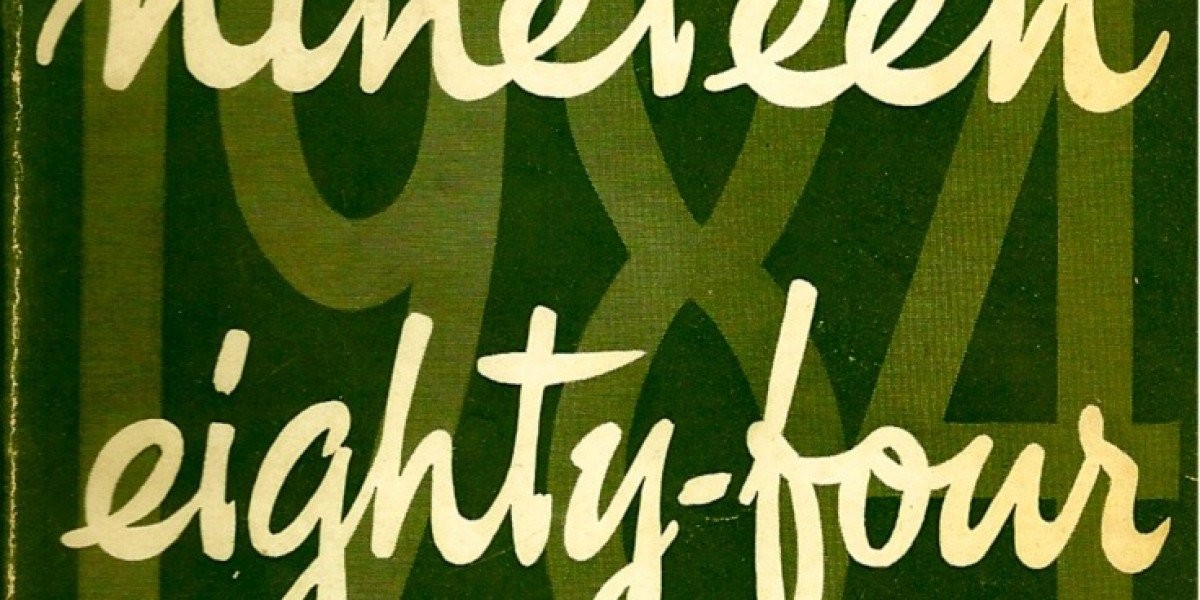
O'Neill, Sansal, Volodine and the thousand faces of fear
‘Talk to me about distant worlds’, sang Battiato in the mid 1980s, in the midst of the Cold War and the third industrial evolution. After decades of totalitarian nightmares, conflicts and prodigious leaps forwards, these worlds now seem very close, yet humanity continues to translate the concerns of the present into disturbing possible societies, leading to all different types of dystopian literatures featuring in the news, social networks, video games and television series. This year, Festivaletteratura will try to push the perspective a little further back: instead of bending to the spectacle of catastrophe that is abound in contemporary journalism and popular culture, we will instead focus on literary classics such as We, 1984, Stand on Zanzibar and The Man Who Japed, and how they can still have a profound effect on our imagination.
Some of the authors who will tackle these topics in Mantua are those who have recently proven themselves to be worthy heirs to the likes of Zamjatin, Orwell, Brunner and Dick, starting with the young Louise O'Neill, author of Only Ever Yours, who will be interviewed at Festivaletteratura by Michela Murgia. In spite of the ‘début novel’ label, O'Neill's novel is extraordinarily mature, aided by the fact that the Irish writer – who has worked with Elle Magazine and as a freelance journalist particularly versed in fashion and pop culture – has managed to sketch out a cruel parody of the fashion world and the aesthetics of the body.
The protagonists of Only Ever Yours are teenagers who have been created and indoctrinated to someday become pure objects of pleasure for men: they are punished if they have a visible outbreak on their skin or if they weigh a few too many pounds, living under tyranny in aseptic schools with their names written only in lower-case (freida, isabel, megan...) almost as to underline their sub-humanity, their status as goods while capital letters are only used for the names of the medicines, cosmetic treatments and dietary regimes that they are subjected to in a competition of cynicism, betrayal and competitiveness that is ever darker than The Hunger Games.
If the dictatorship of the body/object is the theme of Louise O'Neill's novel, Boualem Sansal, at the Festival together with Marco Vanoli, interacts with the milestones of 20th century dystopia, (almost) rewriting the tale of 1984. His 2084. La fin du monde (Grand Prix du Roman de l'Académie française) has been met with acclaim and criticism. Critics have attacked the work due to a perceived Islamophobia, by reading it solely in light of the attacks that have recently torn through Europe and the world. Sansal's novel manages to transcend the ugliness of our age, which resonates powerfully in the story, underlining the faulty myth of mankind in revolt that marked Orwell's classic and which featured in many of Philip K. Dick's masterpieces. In the totalitarian theocracy of Abistan – brought forth by a global holy war which obliterated the known world and saw the ascendency of the word of the prophet Abi –language is twisted like iron bent by bombs: the Orwellian Big Brother is now a screen that transmits bloody litanies, institutionalises pilgrims, corruption and the fight against the infidels, exalting death as the gateway to paradise. The seed of rebellion against the police state and the combination of ideology, religion and power comes, once again, from the individual: just like Winston Smith's existential crisis begins with the writing of a diary, the protagonist of 1984, the one experienced by Ati, a zealous servant of the theocracy, manifests itself in his increasing desire to go beyond the limits (both tangible and intangible) in service of the immense prison-state, in a pilgrimage towards the reconquest of language and history before the coming of the apocalypse
The step from Eurasian Abistan to the steppes of a Second Soviet Union is a short one, thanks to the pen of Antoine Volodine, in conversation with Marcello Fois at Palazzo Ducale. Volodine is the author of over forty works, including essays and novels. A writer who surpasses all attempts at classification, he is a skilful storyteller who is capable of treasuring the rich - and often mistreated - history of science fiction literature. After the release of the short story collection Minor Angels, in which various different literary influences coexist, Radiant Terminus has just been released in Italy, a novel which won the 2014 prix Médicis in France. The story of Terminus takes place in the setting of an immense kolchoz in a haunted, contaminated landscape with protagonists including presidents with supernatural powers, semi-immortal grandmothers who oversee the disposal of radioactive waste and freaks of all shapes and sizes. If in this case, there are even more references to Dick and the Strugackij brothers (the incredible creators of the Roadside Picnic which Andrej Tarkovskij used as the basis for one of his most inspirational films), it should also be noted that imaginary post-apocalyptic worlds such as these have been experiencing a new lease of life in Italian fiction thanks to the works of Tullio Avoledo, who in 2014 released the diptych of novels belonging to the Metro 2033 Universe (Le radici del cielo and La crociata dei bambini) and who will take part in the Festival along with Piero Dorfles following the release of his latest work, Chiedi alla luce.



